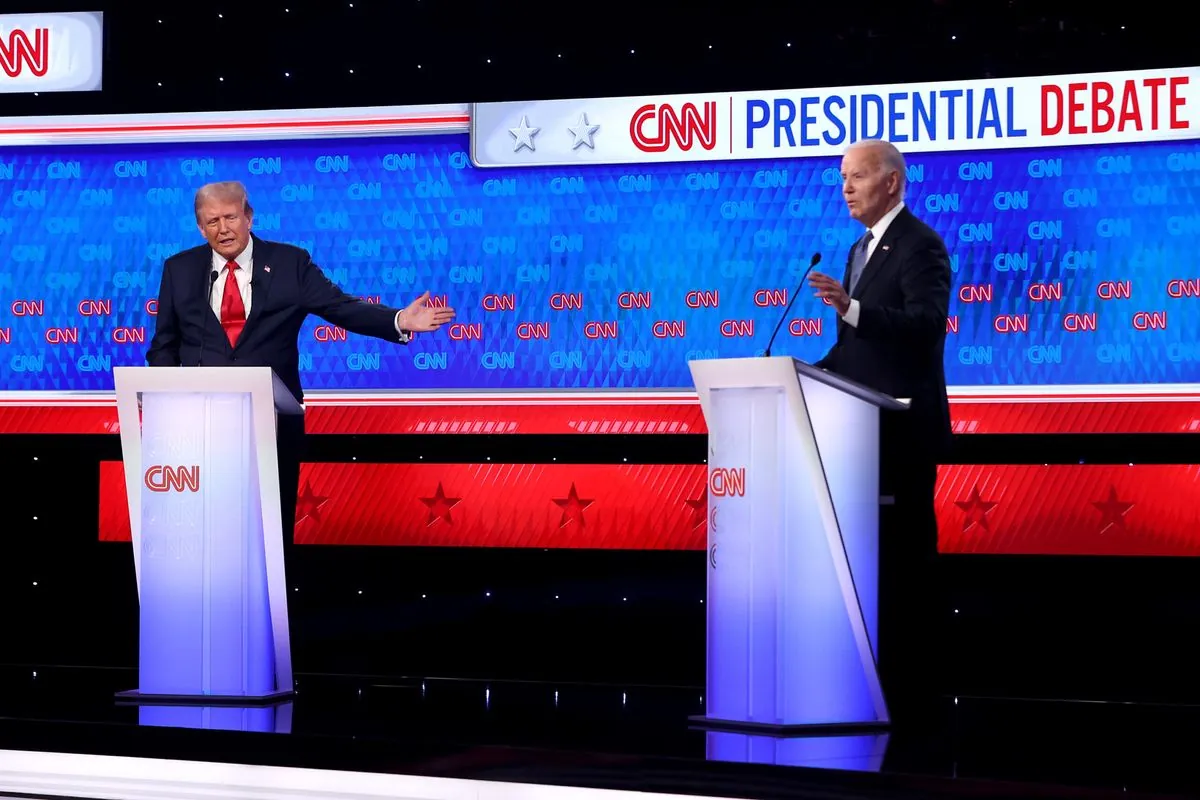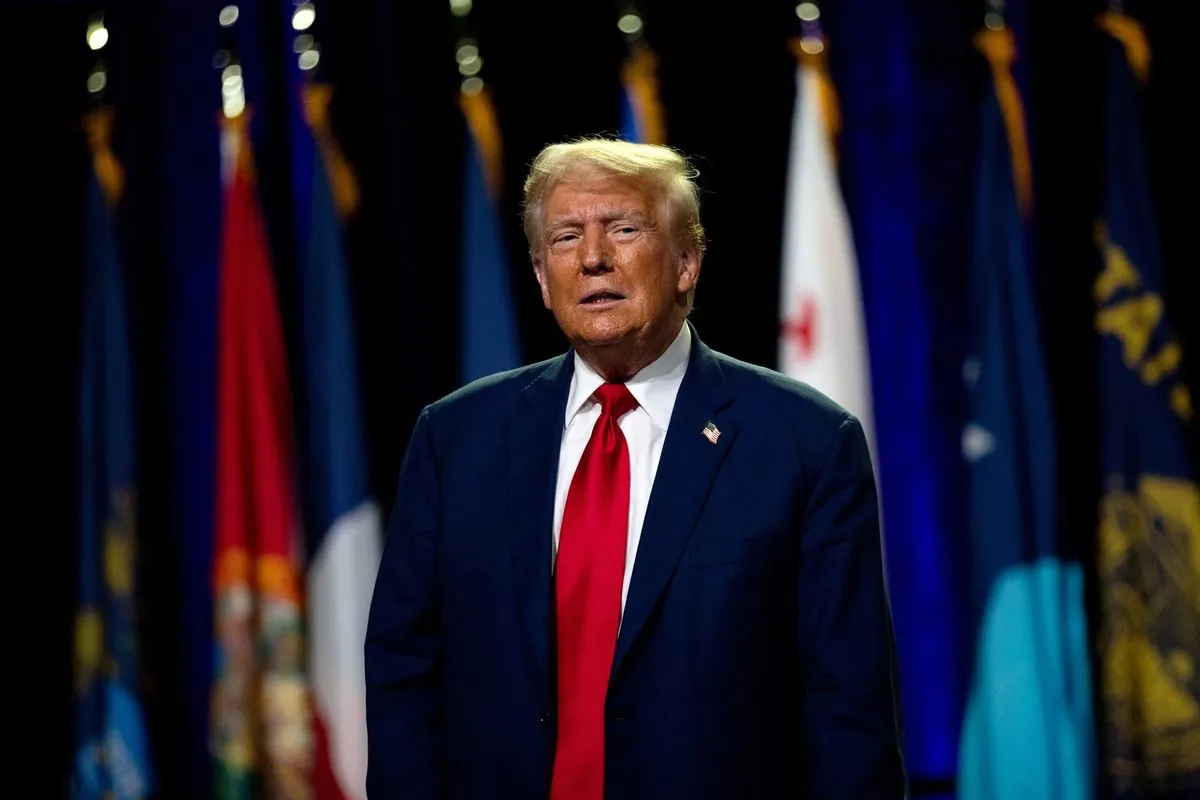Trump's Abortion Stance Shifts, Sparking Debate Among Supporters and Critics
Former President Trump's recent statements on abortion have created confusion and controversy. His attempts to appeal to moderates while maintaining conservative support highlight the complex political landscape surrounding reproductive rights.

In the lead-up to the November 2024 election, Donald Trump's stance on abortion has become a focal point of political discourse. The former president's recent statements have sparked debate among his supporters and critics alike, highlighting the complex and contentious nature of reproductive rights in the United States.
Trump's position on a Florida ballot measure regarding abortion access has been particularly confusing. Initially, he appeared to support extending the state's six-week abortion ban, stating, "I am going to be voting that we need more than six weeks." However, just a day later, he announced his opposition to the measure that would legalize abortion until fetal viability.
This apparent contradiction reflects Trump's broader strategy of attempting to appeal to moderate voters while maintaining support from his conservative base. In recent weeks, he has made several statements that seem to soften his stance on reproductive rights:
- Proposing free in vitro fertilization (IVF) treatments
- Claiming his administration would be "great for women and their reproductive rights"
- Suggesting through his running mate that he would veto a national abortion ban

These moderate-sounding positions have not been well-received by all of Trump's supporters. Jason Rapert, president of the National Association of Christian Lawmakers, expressed his frustration:
"God saved Trump from an assassin's bullet. He did not save him to pivot on the issue of abortion and support a policy that leads to killing unborn children in the United States of America."
Despite the backlash from some conservative circles, Trump's campaign appears to be prioritizing the pursuit of moderate voters who support abortion rights. This strategy is informed by polling data that suggests reproductive freedom is a popular issue, even among some Republican voters.
Democrats, however, are pushing back against Trump's attempts to reposition himself on abortion. They are reminding voters of his role in appointing Supreme Court justices who ultimately overturned Roe v. Wade in June 2022, leading to numerous state-level abortion bans.
Elizabeth Warren, a Democratic senator from Massachusetts, criticized Trump's approach:
"He seems to believe that he can do one thing when he talks to his extremist base and then turn around and smile at the overwhelming majority of Americans who want to see access to abortion and IVF protected and lie about it and we'll believe it. That's not happening."
Trump's history of shifting positions on abortion further complicates the issue. Prior to his 2016 presidential campaign, he described himself as "very pro-choice." During that campaign, he took a hardline stance, suggesting that women who have abortions should face punishment. Now, he appears to be attempting to strike a balance between these extremes.
Despite the controversy, some antiabortion leaders are taking a pragmatic approach to supporting Trump. Kristan Hawkins, president of Students for Life, expressed disappointment with Trump's recent comments but urged her followers to consider the alternative:
"Sometimes in the pro-life movement we have to vote against someone and not for someone. We can't let our anger with Donald Trump, our disappointment, cloud our judgment on this."
As the election approaches, Trump's stance on abortion will likely remain a contentious issue. His attempts to navigate the complex political landscape surrounding reproductive rights reflect the broader challenges faced by candidates seeking to balance diverse voter interests in a deeply divided nation.


































